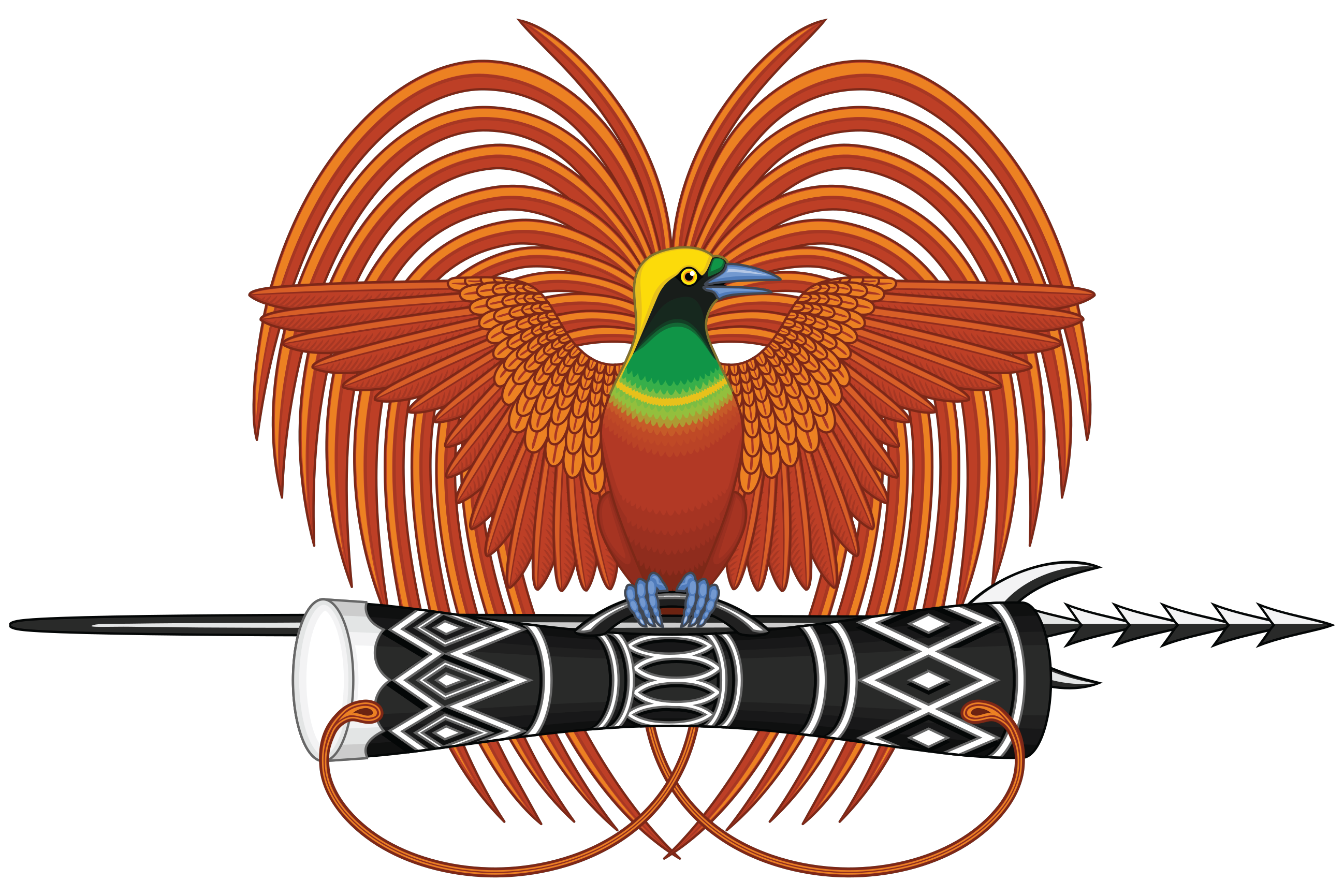Triumph on the Hill: Hambini Village's Path to Transformation
Thanks to community unity, international support by FAO, and visionary leadership, 9,000+ people of Hambini Village not only took a path to improve their economic prospects using cocoa but also paved the way for a brighter, healthier, and more prosperous future for their children.
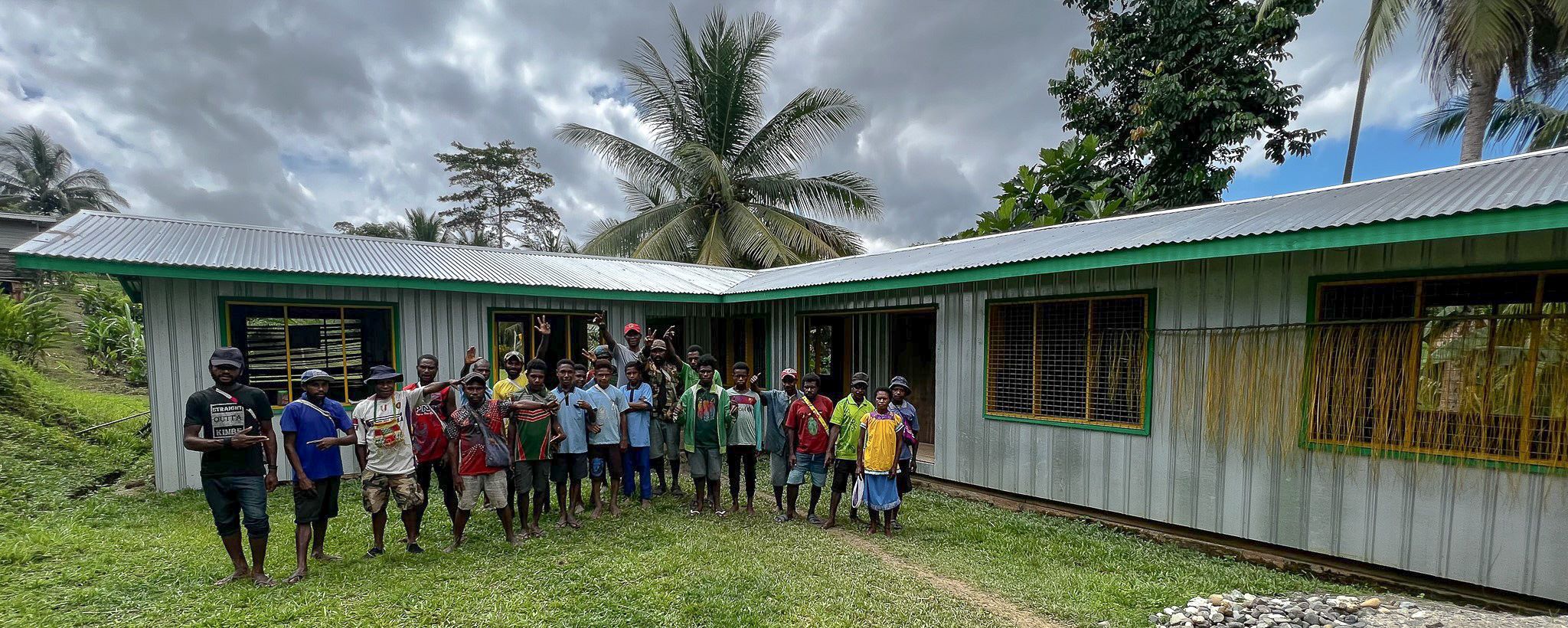
A new permanent structure elementary classroom built by Hambini villagers, replacing the old space for children's education.
©FAO-STREIT
Wewak, Papua New Guinea – On the summit of a hill, where access roads often succumbed to heavy rains, Hambini Village stood as a symbol of resilience and community spirit. Home to more than 9,000 rural people, spread across 1,500 cocoa farming households, this remote community faced formidable challenges. Their cocoa farms were less productive, incomes were meagre, and their educational and health facilities were in disrepair. Yet, amidst these challenges, the villagers of Hambini dared to dream of a brighter future for their children and access to essential healthcare. Their journey to transformation was made possible by the unwavering support of the Food and Agriculture Organization of the United Nations (FAO) under the EU-STREIT PNG Programme.
Seeds of Hope: Cocoa Training and Nurseries
The transformation of Hambini Village began with a ray of hope from FAO. Under the EU-STREIT PNG Programme, the community received critical support that kickstarted their resurgence. Comprehensive cocoa training programs helped to revitalise their cocoa farming techniques, and the establishment of two cocoa nurseries, the first with 11,000 Cocoa Pod Borer (CPB) tolerant seedlings and the second with 21,000 CPB-tolerant seedlings, by providing tools and material equipped them with the means to secure a prosperous future. FAO also upskilled the community to rehabilitate their ageing cocoa gardens, enhancing their farming practices.
Empowering the Community: Increased Income and Establishment of Sustainable Cocoa Farming System
FAO not only provided cocoa nurseries but also imparted training on effective nursery management. This empowered the community to manage the nurseries more efficiently. Furthermore, FAO purchased the seedlings from the same nurseries managed by the community and distributed among cocoa farming households.
These supports not only increased the community's income but also facilitated the development of an efficient cocoa farming system, ensuring long-term productivity. FAO is also actively promoting the community's engagement in downstream cocoa value chain activities, such as processing, marketing and establishing lucrative businesses with premium markets.
A Dream Realised: Renovating Educational and Health Facilities
The innovative use of income generated from cocoa seedling sales was pivotal. The community deposited a share of the generated income into the Village Trust Fund, a testament to their commitment to change established years before. With these financial contributions, Hambini Village turned their dreams into reality. They completed the construction of a permanent structure elementary classroom and a new aid post, bringing quality education and essential healthcare closer to their doorstep.
With this initiative, the community, based on its collective efforts, made significant strides in enhancing its educational and healthcare facilities. A brighter learning environment for local youth and relief from the burden of travelling to distant towns for healthcare services became the fruits of their collective determination.
Before the establishment of the aid post, the villagers, including pregnant mothers of Hambini 1, 2 and 3 villages, walked for over five hours to the main highway and waited for public transport vehicles to seek medical treatment and other basic services in Maprik town.
Also, the students who had to attend old and dark classrooms with very poor ventilation can now enjoy a modern facility, providing better educational space, including lighting and ventilation conditions.
A Community Champion: Michael Butuhe
Leading the way was Michael Butuhe, a retired primary-level teacher, and an exceptional community leader. His vision, dedication, and tireless advocacy were instrumental in organising the community, forging links with FAO, and mobilising resources to construct the primary school and health post. Michael's leadership, as head of the village business group named Hambini Village Development Business Group, showcased the immense impact an individual could have when they harnessed the power of community and collaboration.

“With the support of the EU-STREIT PNG, their cocoa rehabilitation effort (led by FAO), production and cash flow in the community will be further increased for the farmers in Hambini to contribute more money to the Village Trust Fund to support maintenance of the school and the aid post.” Said Michael, adding “This will happen because the community here depend on cocoa income and we’re confident and very thankful of this opportunity under the EU-STREIT PNG Programme.”
Transformation Continues
Farmers’ recent planting of CPB-tolerant seedlings (provided by FAO under the EU-STREIT PNG Programme) are flowering and expected to bear fruits or cocoa pods in December 2023. A bud grafting training also enabled the farmers to improve their old cocoa trees. With these supports, the farmers in Hambini Village, in total, will have 100,323 cocoa trees, covering 160 hectares of cocoa blocks, in full production in the coming months to supply 5 fermentaries in the community, which will further increase the estimated net profit of the community by half million kina per year (based on Financial-Economic Analysis), enabling it to continue with their collective action on other initiatives benefitting all the public.
Hambini Village's success illuminates the transformative power of determination, visionary leadership, and collective action. Through cocoa farming, international support by FAO, and community unity, this village not only improved its economic prospects but also paved the way for a brighter, healthier, and more prosperous future for its residents. In doing so, they have set a powerful example for communities around Papua New Guinea, proving that even the most challenging circumstances can be overcome through resilience and cooperation.
The EU-STREIT PNG Programme, led by the Food and Agriculture Organization of the United Nations (FAO), is the largest grant-funded Programme of the European Union in Papua New Guinea and aims to help improve the lives of the farmers from East and West Sepik provinces, by focusing on increasing sustainable and inclusive economic development of rural areas through improved economic returns and agri-business development environment in cocoa, vanilla and fisheries value chains.
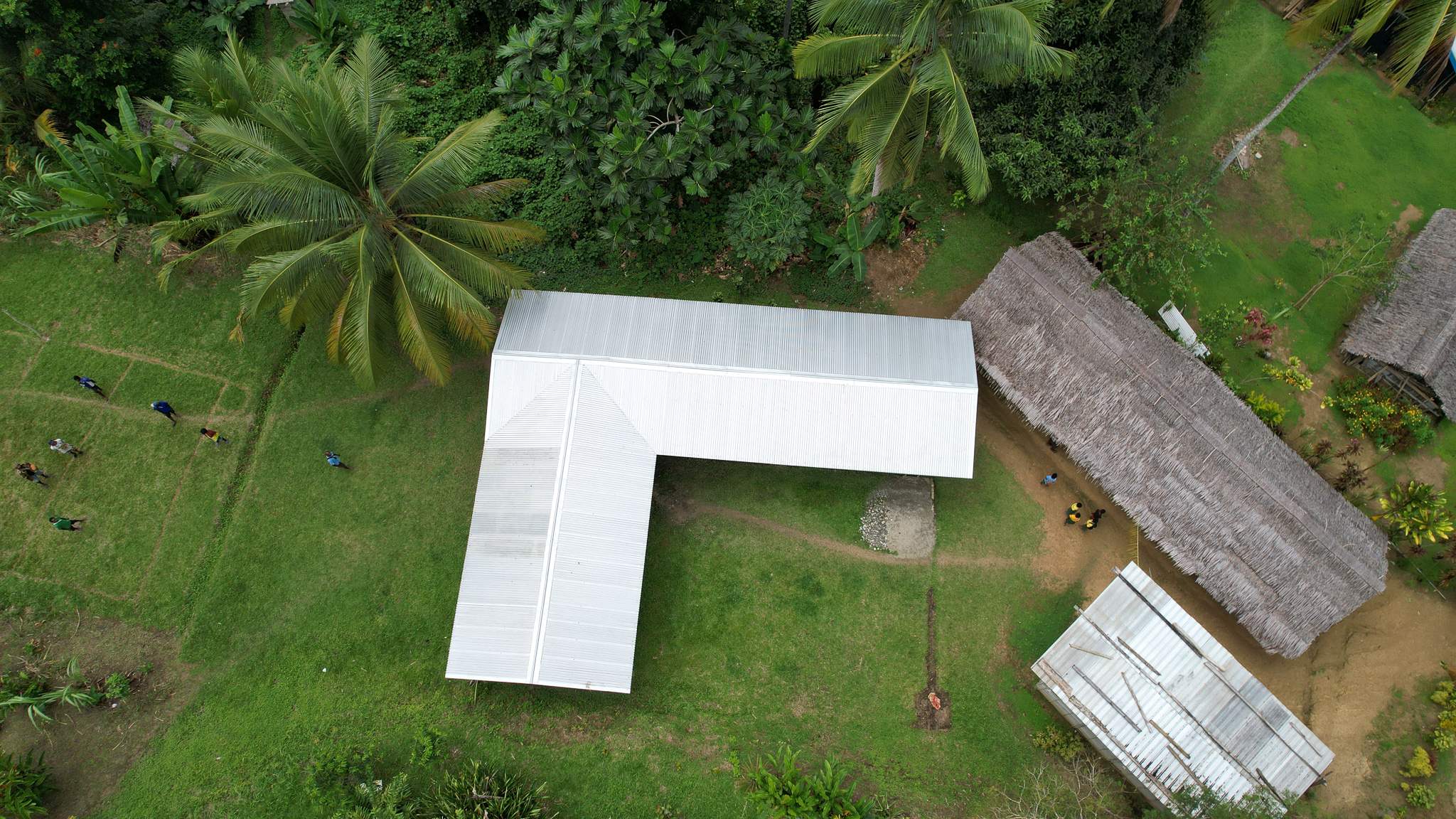 | 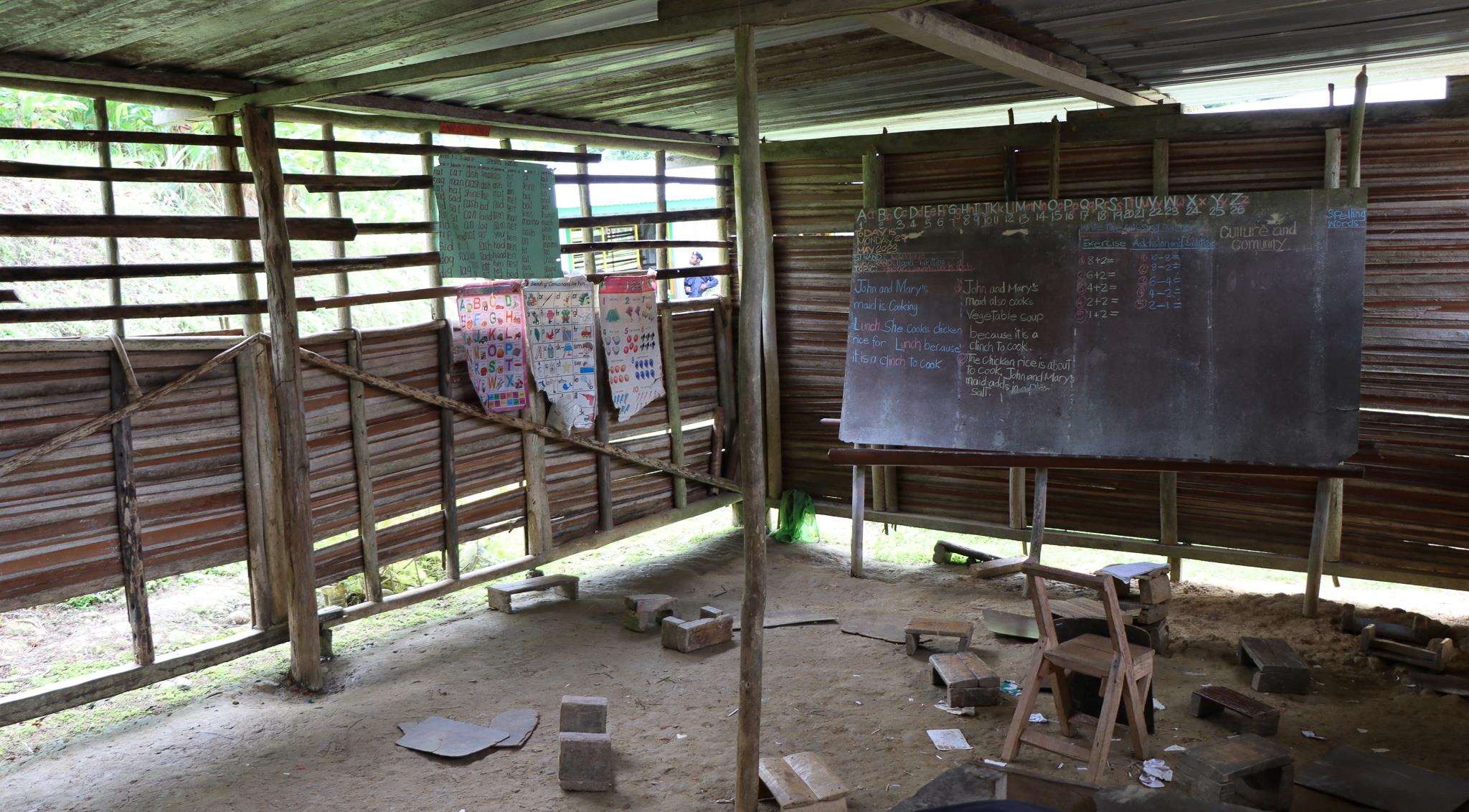 |
| The new permanent-structure elementary classroom built by the Hambini villagers, replacing the old space for children's education. ©FAO-STREIT | The old elementary classroom which has been replaced with the new permanent structure classroom in Hambini Village. ©FAO-STREIT |
 | 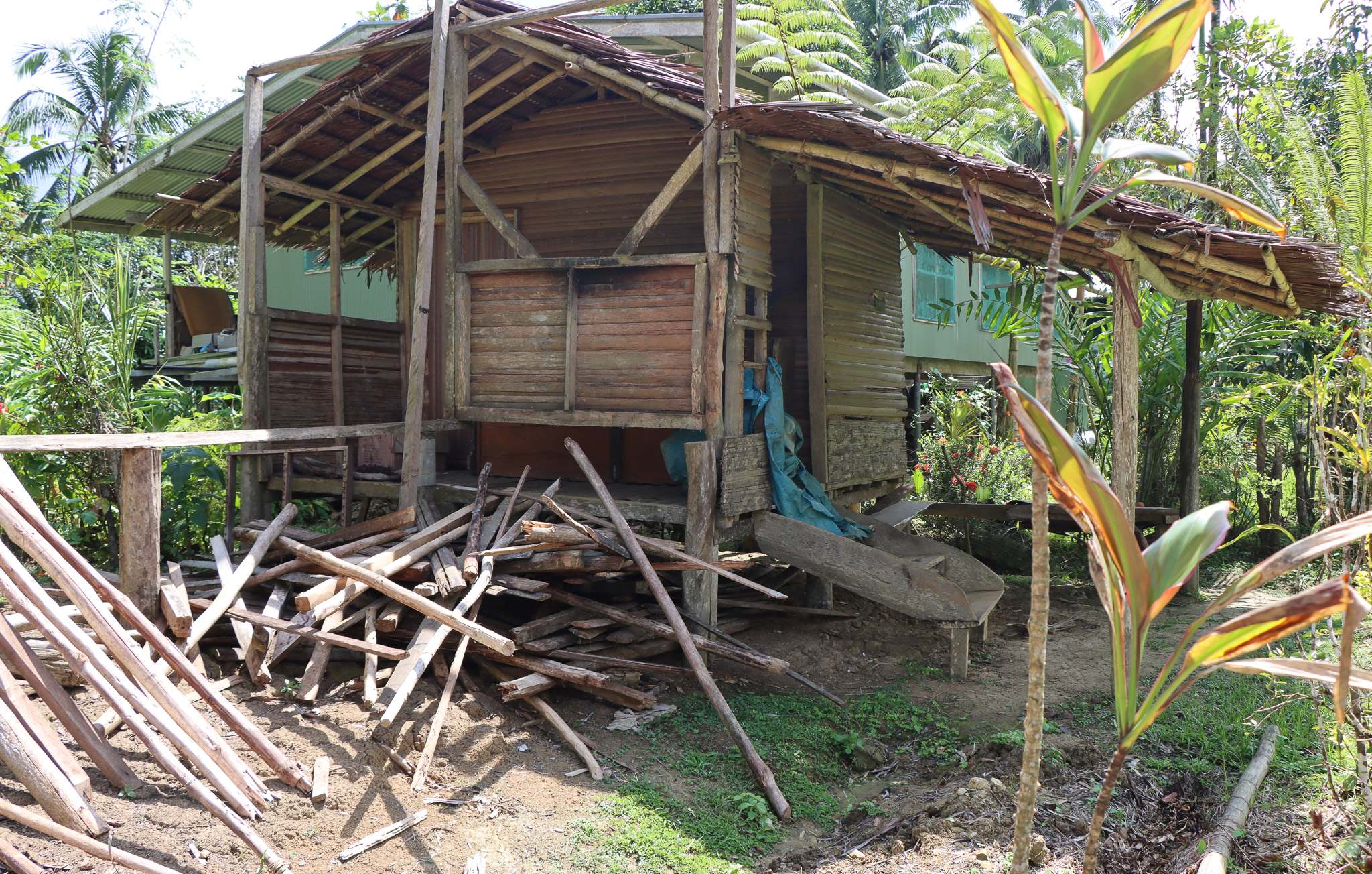 |
| The new aid post built by the Hambini villagers, replacing the old rundown building. ©FAO-STREIT | The old rundown aid post which has been replaced with a new structure in Hambini Village. ©FAO-STREIT |
Contact
Amir Khaleghiyan International Reporting and Communication Officer +675 7410 2860 [email protected]


